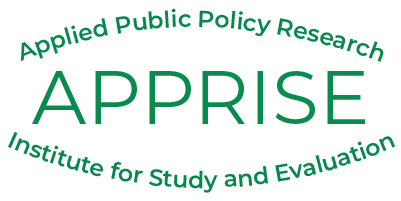APPRISE Data Tracking Projects
First State CAA implemented a heating replacement and energy conservation program for the Delaware Department of Health and Social Services from 2015 to 2020. The Repair Replace Heaters and Conserving Energy (RRHACE) program was designed to assess the needs of low-income households and to deliver a customized set of services, including heating equipment assessment and services, Healthy Homes assessment and services, and energy education. Beginning in 2016, APPRISE completed multiple Process Evaluations to assess program procedures and identify challenges and opportunities as the program developed. APPRISE also conducted an impact evaluation to assess how client energy usage changed after participating in the program. In addition to evaluation activities, APPRISE created a Data Tracking System to allow First State staff to document program activities for performance measurement.
APPRISE conducted an evaluation of the Illinois Solar for All Program which brings photovoltaic power to low-income and environmental justice communities throughout Illinois and creates a long-term, low-income solar marketplace.
The ILSFA Program has four key components.
- Low-Income Distributed Generation: Single- and multi-family residential properties occupied by low-income households can receive incentives for new solar generation systems.
- Low-Income Community Solar: Low-income owners and renters can buy or lease a share of the solar system and receive credits on their utility bills for the energy produced by their share of the system.
- Incentives for Non-Profits and Public Facilities: Non-profit organizations and public entities within environmental justice communities or low-income communities can receive incentives for new solar generation systems.
- Low-Income Community Solar Pilot Projects: Projects with community partnerships and ownership will be awarded based on a competitive procurement approach.
The evaluation included analysis of community outreach, system cost and production, environmental and economic benefits, impacts on participants’ energy costs and burden, job training, and system reliability.
The New Jersey Statewide Heating Assistance and Referral for Energy Services (NJ SHARES) is a nonprofit corporation organized to provide assistance to individuals and families living in New Jersey who are in need of temporary help paying their energy bills. APPRISE conducted an annual impact evaluation of the New Jersey SHARES program from 2006 through 2019. The evaluations included analysis of administrative and utility data to assess the program’s impact on maintenance of electric and gas service and on energy bill payment. Some of the evaluations also included surveys and in-depth participant interviews to assess whether the crises had been resolved, what additional assistance was needed, and the interest and potential for energy efficiency program participation.
